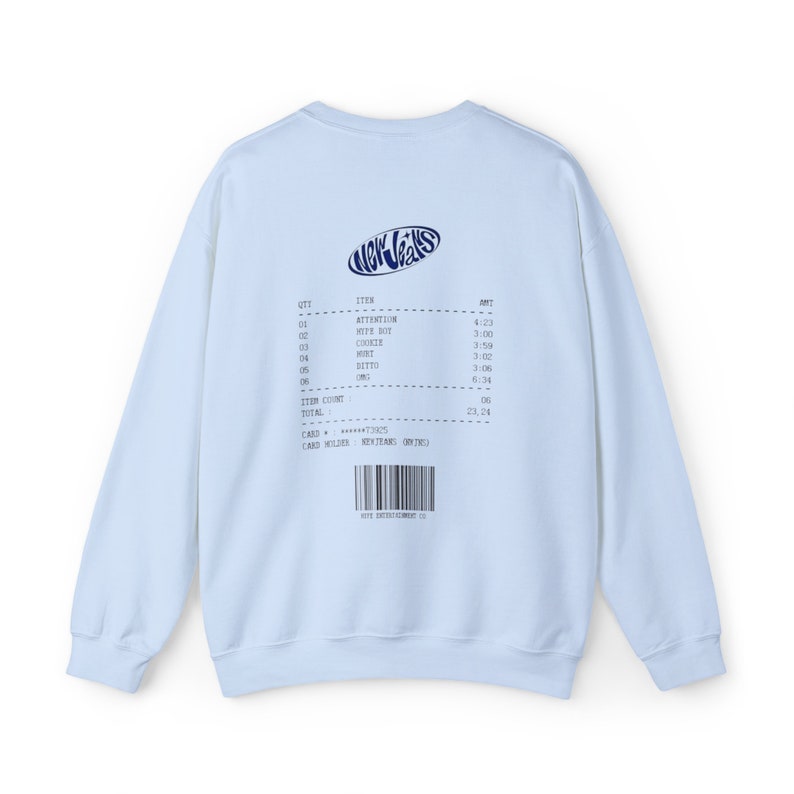


Everyone may also interpret color differently, depending on culture, age, gender, and individual experiences among others. For example, some colors can help to stimulate appetite. We try to discover and explain why certain colors affect emotions, decisions, behaviors, and sometimes colors can even have physiological effects. So, if you are trying to develop brand colors, it can be a slightly challenging process.Ĭolor psychology involves studying colors and how they affect behavior. This can be due to the general associations of each color, but there are also cultural and personal meanings and preferences. We might not even know it, but colors can affect how we feel. There is also more than meets the eye when choosing colors. Monochromatic color combinations: Take a single color and create variations of this same color.Ĭomplementary colors and triadic color combinations create contrasts in color, while the similarities in analogous and monochromatic combinations are easier on the eye.Analogous color combinations: Colors that are found close to or next to one other.Similar to this, is the square and tetradic color combinations, which involve four colors.

AESTHETIC COLOR CODES HOW TO
Next, you come to the various terms describing how to create color harmony. CMYK: This is a subtractive color model in which cyan, magenta, yellow, and black are the primary colors.This is used for television screens, computer, and mobile phone screens. RGB: This uses additive colors, with red, green, and blue, being the primary hues.The basic, RGB model is based on pigment colors, while the CYMK color model is based on the behavior of light. Tone: Take a hue and add in some gray to create a tone.By adding, for example, a tint, this is a variation of your original hue or color. Hue: The hue is the actual pure color that contains no shades or tints.Shade: This is the addition of black to a color, which creates a darker and more intense color.Tint: A tint is the addition of white, making the color lighter, but not necessarily brighter.There are also various tints, shades, hues, and tones for each color. The main tool for this to work, is the color wheel, a circular representation of colors from your primary to your secondary and tertiary colors. Color theory helps determine what colors work well together. Once you have grasped the basics, you can experiment and try all kinds of color combinations. We begin with color theory, as this is the foundation from which everything stems. By understanding color theory and how to create the best color combinations, you can showcase your personality and affect how people feel about your product, service, or space. No matter what you are designing, whether it is a logo, a website, or even a room, the nature of a design is created by the colors you choose. 3.3 How to Select Aesthetic Color Palettes?.3.2 What Is Considered the Most Aesthetic Color?.

2.2.5 Cyberpunk Aesthetic Color Schemes.2.1.6 Seafoam Green, Viola, and Plum Purple.1 How to Create Aesthetic Color Schemes.


 0 kommentar(er)
0 kommentar(er)
